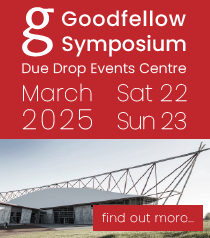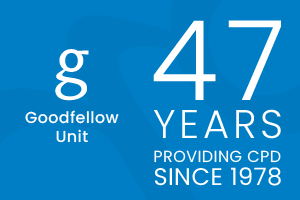Most people get better from major depressive disorder (MDD) with minimal input so the time investment in psychotherapy and the risk of adverse effects with medications may not be necessary.1
Medication and psychological therapies have similar effectiveness; 54% for active treatment and 41% for control for MDD. Most patients with distress in primary care have lower levels of severity. If MDD is suspected then internet-based therapy (guided or unguided) could be considered due to the low cost.2
When initial drug therapy fails the chance of successful response is halved with every new treatment tried.1
Depression is a recurrent condition with a 50% relapse rate over two years for those who respond to therapy. Relapse prevention with psychological therapies is effective (e.g. mindfulness-based cognitive behavioural therapy) but is rarely used.
Chronic depression is an issue and approximately 30% of patients with MDD have this. The author suggests both medication and psychotherapy for this group.

